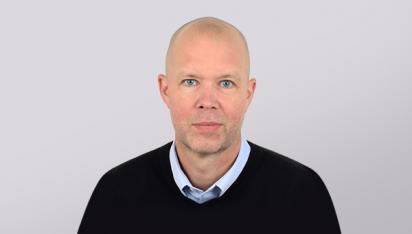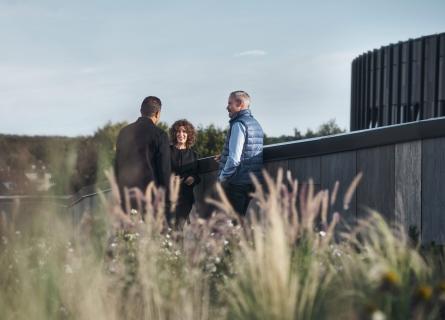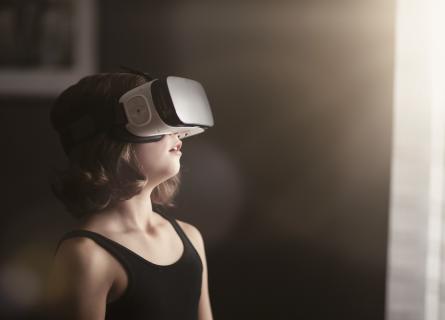
The Digital City
Ready-made concept for your digitalisation journey
The digital city enables solutions that contribute to better quality of life and increased sustainability. A city that meets tomorrow’s demands on how people want to live their lives. AFRY has a ready-made concept that facilitates your digitalisation journey.
Today, many of our cities are built up of more or less isolated units. Everyone has their own technology solution, their function, but they don't communicate with each other. The first major step towards becoming an intelligent city is the realisation that the different parts need to work together to be effective and avoid waste. Transport needs to be adapted to where people live and work, stores need to be open when the city’s inhabitants can shop, maintenance of streets and parks governed by weather, traffic and use.
Everything can be connected today
In the digital city, everything from hospitals, schools, water, energy and transport systems to homes, lighting, microphones, cameras, traffic lights, electrical cabinets, garbage cans, air quality sensors, lifebuoys, defibrillators, etc. are connected.
With joint data storage and analysis, it is possible to create intelligent connections that contribute to everything from better traffic flows to energy efficient buildings. This also facilitates the exchange of information between municipalities as well as with the business community to reduce waste and increase services at local, regional and national level.
AFRY makes your digital journey possible
AFRY has all the skills and experience required for complex urban and infrastructure projects. We have a concept for the digital city, IPPO 5.0 (First step in Japanese), as described below. The concept is scalable and can be applied to all municipalities, companies and organisations:
-
Infrastructure. Create an IT and software structure based on global standards and providing all the functionality required for an intelligent city. Recommended measures to be able to share data between different administrations and municipal companies in an IT-secure way in real time.
-
Project book. Description of the requirements, standards and certifications to be met in order for all systems and components to be compatible with each other. The project book governs future purchases, procurements and investment projects - but does not stipulate any specific brand or supplier. Ensures the correct function for procurement under the Public Procurement Act.
- Platform. The integration platform collects, structures and stores data from all the different systems in one place. This provides insights for reduced waste and simplifies the work with digital twins, BIM, geographic information systems, asset management and smart maintenance. Enables all systems to use artificial intelligence (AI) data in a standardised way in real-time.
- Onboarding. A roll-out plan for implementation in both the short and long term. Describes what to do and when to do it. Ensures budget and results!
Tomorrow’s winners
The attractiveness of cities that dare to make the digitalisation journey is increasing, and opportunities are growing for each component that is connected. Digitalisation is the foundation of Society 5.0 (Super Smart Society) that is characterised by problem solving, value creation, diversity, decentralisation, resilience, sustainability and harmony between people and the environment. Communities where inhabitants, companies and other businesses share data with each other will be tomorrow’s winners where people want to work and live.
Contact us
If you have any questions about the Digital City, please contact our expert and service manager:

Interested in our offering? Contact us!



